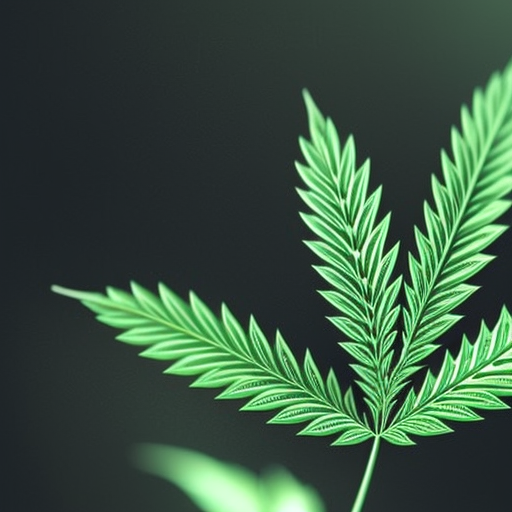
A recent survey conducted by psychology researchers at Washington State University (WSU) has shed light on the preferences and experiences of cannabis consumers with sleep issues. The study, which was published in the journal Exploration of Medicine, compared the use of cannabis to prescription sleep aids (PSAs) and over-the-counter (OTC) sleep aids.
The survey, which involved 1,216 participants, found that most cannabis consumers with sleep issues preferred using marijuana instead of other sleep aids to help them get to bed. They reported better outcomes the next morning and experienced fewer side effects. Interestingly, smoking joints or vaping products that contained THC, CBD, and the terpene myrcene were especially popular among respondents.
Compared to conventional sleep aids or no sleep aids at all, respondents reported feeling more refreshed, focused, and better able to function the morning after using cannabis. They also experienced fewer headaches and less nausea. However, some side effects were reported from marijuana use, including feeling sleepy, anxious, and irritable upon waking up.
Nearly 82 percent of the cannabis consumers surveyed stated that they no longer use prescription or over-the-counter sleep medications. This indicates that they have come to see marijuana as a superior alternative. More than half of the participants reported using cannabis every night to help them fall asleep, with smoking joints being the most common method.
In terms of product makeup, most respondents used high-THC products. However, a significant portion also opted for a balanced THC-CBD blend. When it came to terpenes, myrcene was the most popular choice among participants.
The study authors noted that their survey had a selection bias towards individuals who already perceived cannabis as helpful for their sleep issues. They emphasized the need for more objective research using comprehensive sleep measures to fully understand the effects of cannabis on sleep.
Previous research has also shown that marijuana use can lead to longer sleep durations and fewer middle-of-the-night awakenings. However, it can also result in next-day fatigue. Quality of sleep often arises as a potential benefit of marijuana use in various studies, with consumers reporting enhanced rest.
Although cannabis may cause side effects such as dry mouth and red eyes, researchers believe that these side effects may be more tolerable than those of traditional sleep aids. They suggest that the perception of cannabis being superior to conventional sleep aids could be influenced by the less severe and impairing side effects associated with marijuana.
It is important to note that not everyone will find cannabis helpful for their sleep issues, and further research is needed to determine which aspects of sleep are positively or negatively affected by marijuana use.
Overall, this study contributes valuable insights into the preferences and experiences of cannabis consumers with sleep issues. It highlights the potential benefits and side effects of using marijuana as a sleep aid compared to prescription and over-the-counter sleep medications.

